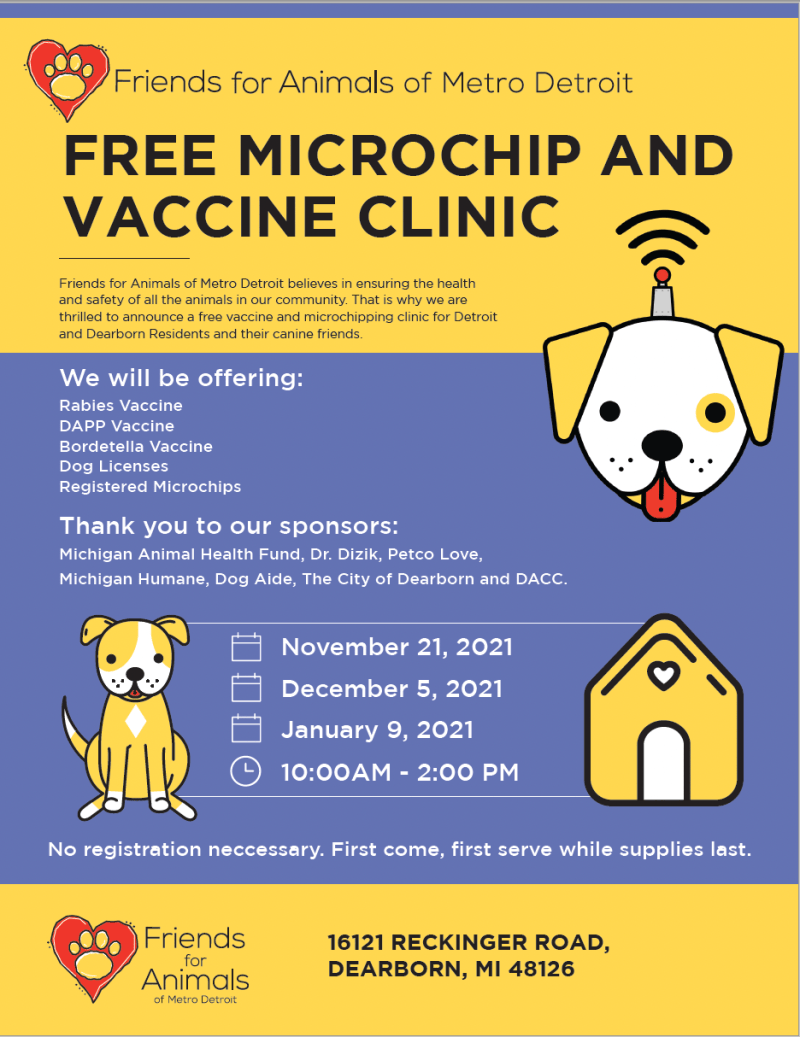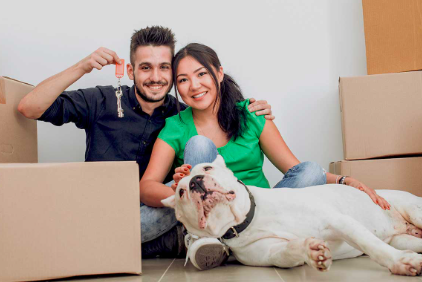Where To Get Kitten Shots Near Me – Your little kitten is a sweet bundle of pure and raw love – who needs your help to stay healthy, happy and safe. One of the most important things you can do for your KittyBAE is to make sure they are vaccinated against disease. Here’s what you need to know about the vaccines they need, when they’re needed, and how much you can expect to pay.
Kittens require a series of different vaccines to give them full protection. The schedule usually starts when they are about 6 to 8 weeks old and lasts until they are about 16 weeks old. After that, cats need a booster every few years (depending on the vaccination) to keep their immune system strong. We always recommend keeping vaccination records handy so you can be sure they are up to date.
Where To Get Kitten Shots Near Me
The core vaccines are the ones we recommend for most kittens, based mainly on their health. It is important to ensure the well-being of you and your KittyBae.
When Does My Kitten Need To Be Vaccinated?
Vaccinations and lifestyle-based non-core tests are recommended. Talk to your veterinary team if your KittyBAE spends a lot of time outdoors and may benefit from non-core vaccines such as FeLV.
Watch our quick video on why vaccinations are so important for your kitten. Plus, find out what to expect when your kitten gets them.
Pet vaccination prices depend on what your veterinary staff recommends based on your location. This is one of the reasons we offer Kitten Optimum Wellness Plans® (OWP), so you know what you’re paying for (and what you’re getting). Our OWPs are smart and affordable packages of preventative kitten veterinary care that include all regularly recommended kitten vaccinations.
Your veterinary team is here to advise you on which vaccinations your kitten needs and when they need them. We are also here to monitor your cat’s general health, appreciate their cuteness, and help identify and treat any health issues we see during your cat’s routine exam.
Kitten Care 101: From Birth To 1st Birthday
We have locked your account due to too many unsuccessful login attempts. Please try again in 30 minutes. We apologize for the inconvenience.
Get ready for the new and improved My. To get started, reset your password quickly. Use your email and we’ll send you a link.
Find your customer ID in the upper right corner of every invoice or call support

We will give you your customer ID at your first appointment so that you can create your account. Hope to see you soon!
The Ultimate Guide To Cat Vaccinations
Sorry, something seems to be wrong. Please try again later. If the problem persists, call us at 877-656-7146.
Something is not quite right. Make sure your password contains all of the listed elements and is not one you already use. Regular trips to the vet for vaccinations and then boosters or titers throughout your dog’s life might be an inconvenience, but the diseases that vaccines protect our pets from are dangerous, potentially fatal and, unfortunately, largely preventable. The following are generally accepted guidelines for a puppy’s vaccination schedule for the first year:
A serious infectious disease caused by a virus that attacks the respiratory, gastrointestinal (GI) and nervous systems of dogs and other animals. The virus can also be transmitted by sharing food and water bowls and utensils. It causes discharge from the eyes and nose, fever, cough, vomiting, diarrhea, convulsions, paralysis, paralysis and often death. This disease was called “hard pad” because it hardened and hardened the pad of the foot.
There is no cure for the disease. Treatment includes support and efforts to prevent secondary infections, control symptoms of vomiting, seizures, and more. If the animal survives the symptoms, hopefully the dog’s immune system has a chance to fight it. Infected dogs can shed the virus for months
Sweetwater Veterinary Hospital
One of the many viruses that can contribute to kennel cough. One of many viruses that can contribute to kennel cough.
The canine corona virus is not the same virus that causes COVID-19 in humans. Covid-19 is not considered a health threat to dogs, and there is no evidence that it makes dogs sick. Canine corona virus usually affects the gastrointestinal system of dogs, although it can also cause respiratory problems. Symptoms include mostly GI symptoms, including loss of appetite, vomiting and diarrhea. Doctors can keep the dog hydrated, warm and comfortable and help relieve nausea, but no medicine can kill the coronavirus.
Unlike most diseases on this list, leptospirosis is caused by bacteria, and some dogs may show no symptoms at all. Leptospirosis is found worldwide in soil and water. It is a zoonotic disease, meaning it spreads from animals to humans. When symptoms occur, they may include fever, vomiting, abdominal pain, diarrhea, loss of appetite, severe weakness and lethargy, stiffness, jaundice, muscle pain, infertility, kidney failure (with or without liver failure). Antibiotics are effective, and the sooner they are given, the better

Canine adenovirus type 2 causes respiratory disease in dogs and is one of the infectious agents commonly associated with canine infectious tracheobronchitis, also known as “kennel cough”. Canine infectious tracheobronchitis is usually spread by coughing. Dogs that are around other dogs, such as in boarding facilities and dog parks, increase the risk of infection Rabies vaccination: This vaccination is required by law for all cats and dogs over four months of age. A rabies vaccine is given every year or every 3 years for pets over 2 years old.
How Much Do Cat Vaccines Cost?
DHPP vaccine: A combination vaccine to prevent four major canine diseases: distemper, hepatitis, parainfluenza and parvovirus. This vaccination must be boosted every 3-4 weeks until the animal has received a total of three vaccinations and is over 16 weeks old. DHPP vaccine can be given annually or every 3 years for pets older than 2 years.
Bordetella vaccine: This vaccine is given intrauterineally and protects against viruses in the upper respiratory tract. This vaccination is important for dogs that are regularly exposed to other dogs – boarding, day care, grooming, dog parks, etc. This vaccine is given every year.
Bivalent canine flu vaccine: An influenza vaccine that protects against both H3N8 and N3N2 strains. The vaccine must be strengthened 2-3 weeks after the first injection and then every year.
Heartworm Test: This blood test is done annually to ensure that your pet is free of harmful heartworms. If the test is positive, you must treat your dog for heartworms before receiving additional prevention.
Brandywine Valley Spca
Heartworm Prevention: Heartworm prevention should be given monthly to protect your pet. Medical clinics offer both oral and injectable contraceptive options.
Flea and tick prevention: Monthly flea and tick prevention helps protect your pet from these and other parasites. The medical clinic offers oral and topical options.
Worm: a pill or liquid medication that kills parasitic worms in the intestines. Flea prevention works to prevent tapeworms.

Rabies vaccination: This vaccination is required by law for all cats and dogs over four months of age. A rabies vaccine is given every year or every 3 years for pets over 2 years old.
Gorgeous Bengal Cats
FVRCP vaccine: a combination vaccine to prevent feline viral rhinitis, calicivirus and panleukopenia. The first two are cream shop hats. The third one is called the feline intestinal virus. This vaccination must be boosted every 3-4 weeks until the animal has received a total of three vaccinations and is over 16 weeks old. The FVRCP vaccine can be given annually or every 3 years for pets over 2 years of age.
FeLV / FIV test: Our combo test will detect these two serious diseases. At this time we only offer the leukemia vaccine.
Flea prevention: A monthly flea prevention protects your cat from these and other parasites. The medical clinic offers a variety of local remedies to fit your budget.
Worm: a pill or liquid medication that kills parasitic worms in the intestines. Flea/heartworm prevention protects your pet from various intestinal parasites. You need to talk to your veterinarian to find the best combination of protection for your pet. Our online store offers anxiety pills for your pet at a discount. Clomid (clomiphene citrate) is a drug used to treat infertility in humans by stimulating ovulation. It can also be used off-label in animals for the same purpose, but only under the guidance of a veterinarian. Clomid dosage and administration may differ for animals and humans, and may have different effects and side effects in different species. It is important to consult a veterinarian before giving medication to your pet. A veterinarian can provide guidance on appropriate dosage, frequency and duration of treatment based on the individual needs of the animal. They can also advise where to buy Clomid online from the best fertility centers. Xanax is a drug that is sometimes prescribed by veterinarians to treat anxiety in pets. It is a benzodiazepine drug that works by increasing the activity of a neurotransmitter called GABA, which helps to calm the brain and reduce anxiety, but is addictive.

